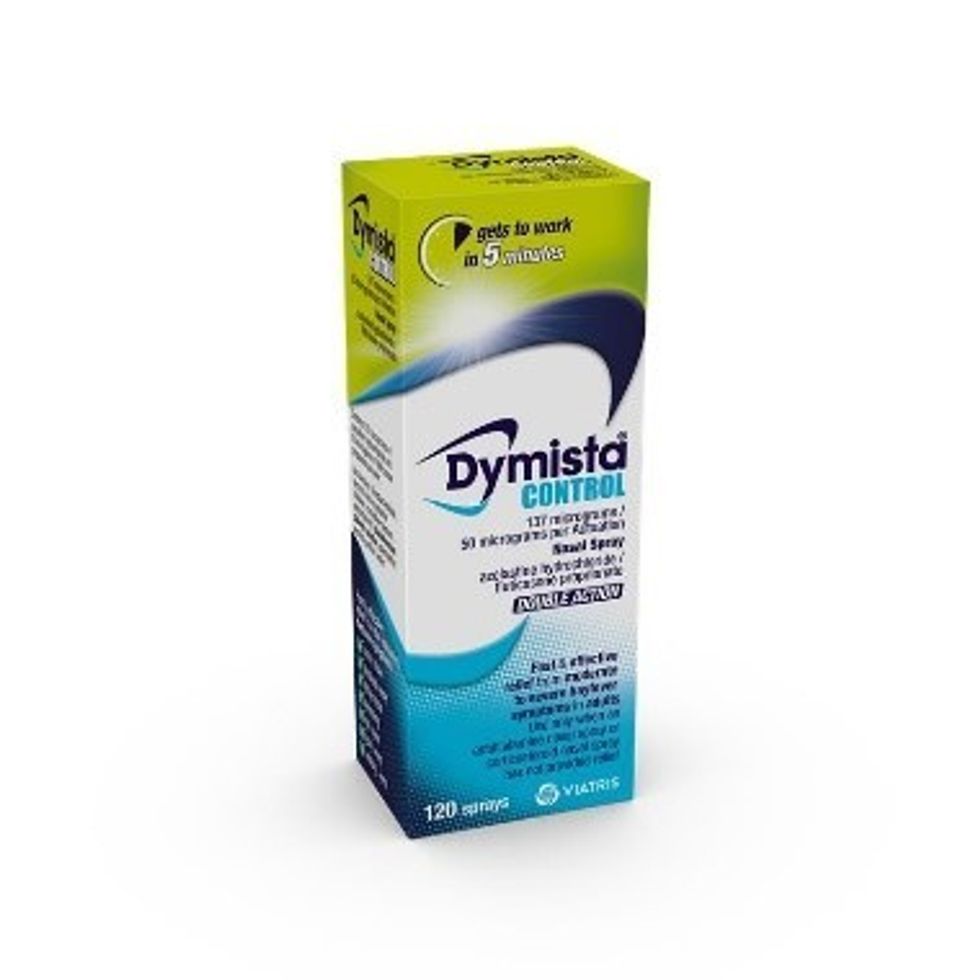The Association of the British Pharmaceutical Industry (ABPI) and the government have agreed to bring forward a planned review of the 2024 Voluntary Scheme for Branded Medicines Pricing, Access, and Growth (VPAG), originally scheduled for autumn 2025.
The review is expected to be completed in June 2025, aligning with the anticipated release of the government’s 10-year NHS Plan and the Life Sciences Sector Plan as part of the broader industry strategy this summer.
The 2024 Voluntary Scheme, which came into effect on 1 January 2024 following the expiry of the 2019 agreement, aims to support the affordability of branded medicines for the NHS, improve patient access to the latest lifesaving treatments and boost the UK’s position as a global leader in advanced healthcare, technology, and clinical research. It will remain in place until the end of 2028.
The deal included a planned review of scheme terms in the autumn of 2025 to allow the government and industry to propose and implement necessary changes to ensure the scheme is delivering on its objectives.
The review will focus on addressing concerns about the significantly higher than expected ‘headline payment rate’ for newer medicines in the scheme to restore its predictability and sustainability.
Richard Torbett, chief executive of the ABPI, welcomed the move, stating:“Wes Streeting has made clear his determination to work with our industry to address existing commercial challenges while also setting out a bold vision to transform the way the health system values medical innovation.”
“The first step is to address high and unpredictable medicine payment rates in June so we can then power forward to support the NHS 10-year plan and deliver the government's upcoming life sciences strategy.”
The 2025 VPAG payment rate for newer medicines has been set at 22.9 per cent, significantly higher than the industry had anticipated.
The association described the increase as “the highest-ever level” and warned that this would place “a very real strain on companies, which will not have factored this rate into their business plans for 2025.”
It highlighted that the industry will be required to pay around £3.4 billion to the government in 2025—more than the total payments made over the entire five-year VPAG scheme from 2014 to 2018.
Last month, the Department of Health and Social Care (DHSC) also proposed raising the Statutory Scheme payment rate for newer branded medicines from 15.5% to 32.2% in the second half of 2025, aiming to bring it in line with the VPAG headline rate.
The ABPI argued that rocketing payment rates are undermining government efforts to make life sciences a key pillar of its industrial strategy.
“The government has rightly identified life sciences as a critical growth sector for the economy, but unless these excessive payment rates under both the VPAG and Statutory Scheme are addressed, the UK will not see the growth and investment we all want,” said Torbett.
“We need an urgent ministerial commitment to work with industry to get the UK back to an internationally competitive position,” he added.
Both the Statutory Scheme and the VPAG regulate NHS spending on branded medicines.










![Potential Side Effects of Mounjaro [What You Need to Know]](https://www.pharmacy.biz/media-library/image.jpg?id=54516976&width=1245&height=700&quality=90&coordinates=0%2C29%2C0%2C29)






 Dymista® CONTROL (azelastine hydrochloride and fluticasone propionate) nasal spray
Dymista® CONTROL (azelastine hydrochloride and fluticasone propionate) nasal spray 

